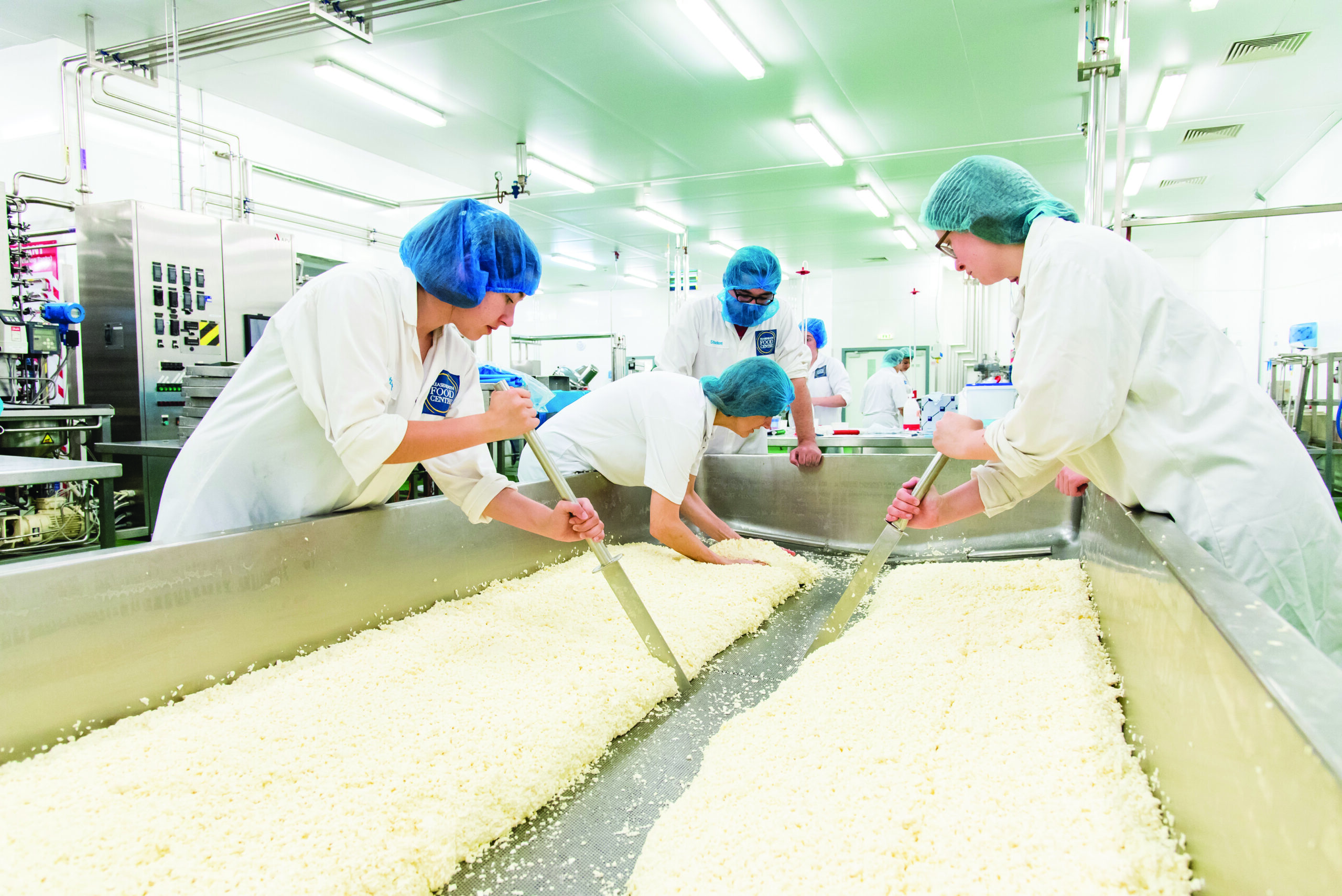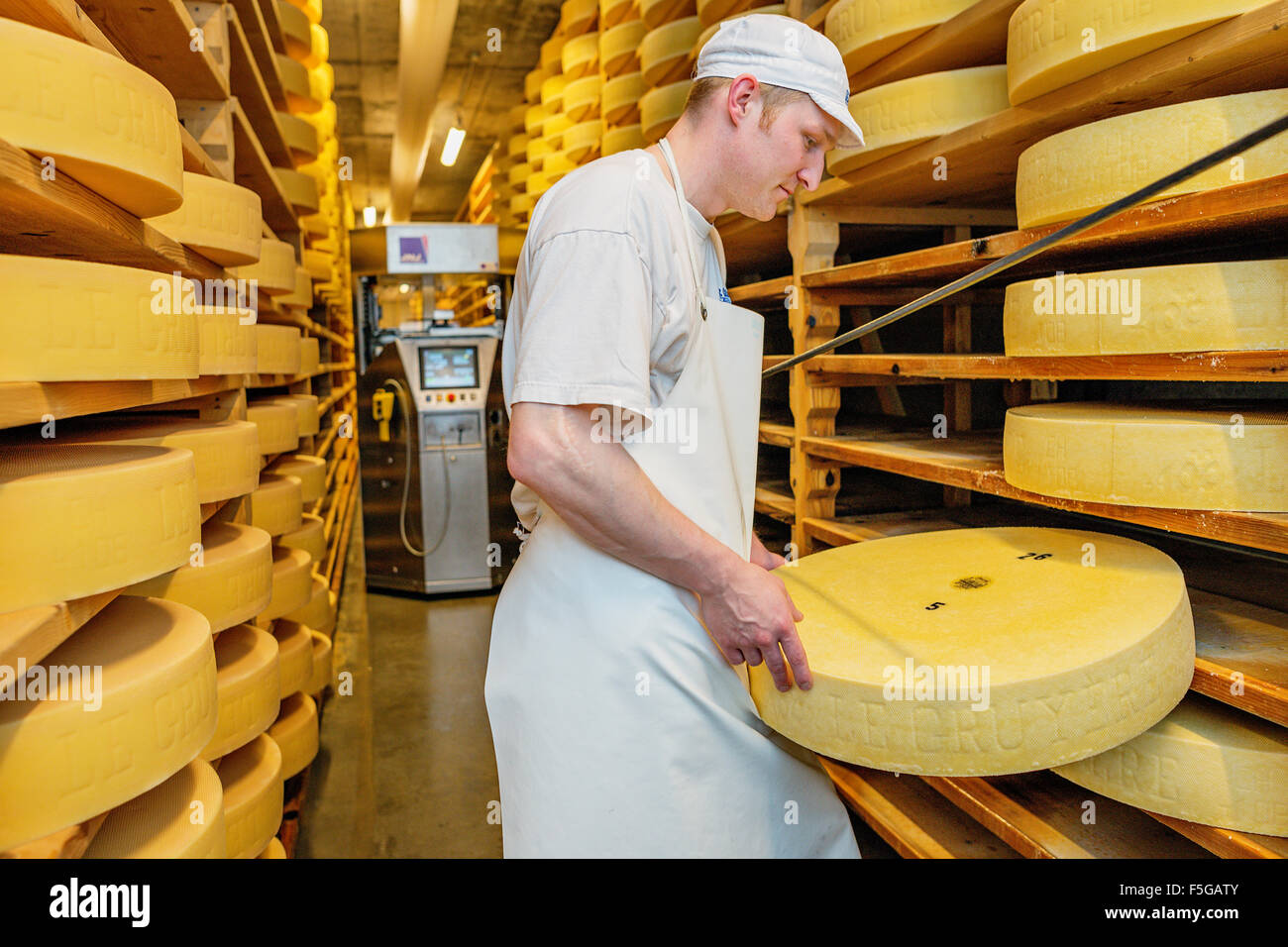Cheese Store Melbourne: Your Best Location for All Things Cheese
A Comprehensive Take A Look At Cheese Production: Components, Approaches, and the Future of Craftsmen Cheeses
The intricate procedure of cheese manufacturing is an interesting convergence of art and scientific research, where premium milk, rennet, and particular microbial societies act as foundational aspects. Conventional techniques, such as salting and aging, are enhanced by modern innovations that react to progressing customer choices. As the market increasingly focuses on sustainability and transparency, the future of artisan cheeses promises to mirror both heritage and development. Comprehending the subtleties of these practices increases compelling concerns concerning the instructions of cheese production and its implications for quality and authenticity. What lies ahead in this advancing landscape?
Trick Ingredients in Cheese Manufacturing
A selection of vital ingredients play an essential duty in cheese production, each adding to the last item's flavor, structure, and character. The key active ingredient in cheese is milk, which can come from various resources, including cows, goats, and lamb - cheese store melbourne. The kind of milk used considerably affects celebrity's taste and consistency; as an example, cow's milk commonly generates creamier cheeses, while goat's milk frequently produces appetizing ranges
An additional essential component is rennet, an enzyme made use of to curdle the milk, dividing it right into curds and whey. The resource of rennet can be animal, veggie, or microbial, each giving unique features to the cheese. Societies, including particular strains of bacteria, are likewise integral to the cheese-making procedure. They ferment lactose into lactic acid, assisting in flavor growth and texture.
Salt not only boosts the flavor but likewise works as a chemical, inhibiting the growth of unfavorable microorganisms. Additionally, different flavor agents, such as natural herbs, spices, or perhaps smoked wood, can be included to create unique artisanal cheeses. With each other, these active ingredients form the foundation of cheese production, setting the stage for diverse and rich cheese varieties.
Conventional Cheese-Making Methods
Utilizing typical cheese-making methods, artisans all over the world maintain time-honored techniques that have been given via generations. These strategies commonly highlight the usage of high-grade, locally sourced milk, which is main to the unique flavors and structures of artisanal cheeses. The process generally starts with the careful home heating of milk, followed by the addition of societies and rennet to assist in coagulation.
Once the curds form, they are reduced, allowing whey to drain pipes, a vital step that influences moisture web content and appearance. The curds are after that gently mixed and cooked to achieve the preferred firmness. Afterward, they are drained and pushed right into mold and mildews. Salting is a crucial facet of this process, enhancing flavor while also working as a chemical.
Aging, or affinage, is another vital part, throughout which cheeses develop their characteristic aromas and tastes. Craftsmens might utilize details aging settings, making use of humidity and temperature level controls to fine-tune the cheese's account. The commitment to these standard methods not just supports neighborhood economic situations yet also adds to the rich variety of cheese selections located worldwide, commemorating social heritage and artisanal craftsmanship.
Modern Developments in Cheese Production
Just how have technological innovations transformed cheese production in recent years? The combination of modern-day innovation has reinvented both the performance and quality of cheese manufacturing.
In addition, innovations in microbiology have actually enabled cheesemakers to pick specific microbial societies and enzymes, maximizing flavor accounts and improving life span. Using sensing unit innovation for keeping track of fermentation problems has actually likewise ended up being common, allowing for real-time changes to maintain optimum environments for cheese aging.

These developments not just enhance the top quality and sustainability of cheese production yet also encourage artisan producers to preserve standard flavors while accepting contemporary efficiency. As technology continues to advance, the future of cheese production looks encouraging, mixing custom with technology.
The Function of Terroir in Cheese
In the world of cheese manufacturing, terroir plays a crucial duty in specifying the distinct attributes of different cheeses. Terroir, a French term generally linked with wine, includes the environmental factors that influence farming items, including soil composition, climate, and neighborhood flora and fauna. In cheese-making, Learn More Here the unique qualities of the area where the milk is sourced can convey details tastes and structures to the final product.
As an example, the grazing problems of milk pets dramatically impact the milk's make-up, influenced by the sorts of turfs and natural herbs offered in a particular locale. This differs not only in between nations yet also in between areas within the same country. Furthermore, the microbial neighborhoods present in the atmosphere add to the fermentation processes, leading to diverse accounts in flavor and aroma.
Cheeses such as Roquefort, Parmigiano-Reggiano, and Cheddar exhibit exactly how terroir can shape their identities, making them unique and commonly protected by geographical signs. As manufacturers increasingly acknowledge the value of terroir, there is a growing emphasis on sourcing local active ingredients and maintaining typical methods, making sure that each cheese truly shows its origin.

Future Fads in Artisan Cheeses
A remarkable shift is taking place in the craftsmen cheese field, driven by developing customer choices and technological innovations. Significantly, customers are inclining special, high-quality products that highlight both sustainability and local sourcing - cheese store melbourne. This trend is prompting artisan cheesemakers to innovate, concentrating on small-batch manufacturing and making use of conventional strategies while integrating contemporary technology to boost top quality and security
Additionally, there is a growing interest in you can try this out plant-based and alternate milk products, pressing standard cheesemakers to discover brand-new methods, such as cashew or almond-based cheeses. This change not only caters to dietary constraints yet also aligns with environmental concerns relating to pet agriculture.
In addition, transparency in sourcing and manufacturing processes is ending up being extremely important. Customers are a lot more informed and demand traceability, triggering producers to embrace dig this clearer labeling methods and involve in narration that highlights their techniques and worths.
Verdict
In final thought, the elaborate process of cheese production combines typical methods with modern developments, resulting in a diverse variety of flavors and textures. The focus on high-grade ingredients and the impact of terroir emphasize the artistry associated with cheese production. As the industry evolves, a focus on sustainability and openness will likely form the future of artisan cheeses, satisfying a significantly discerning consumer base that values authenticity and craftsmanship in milk products.